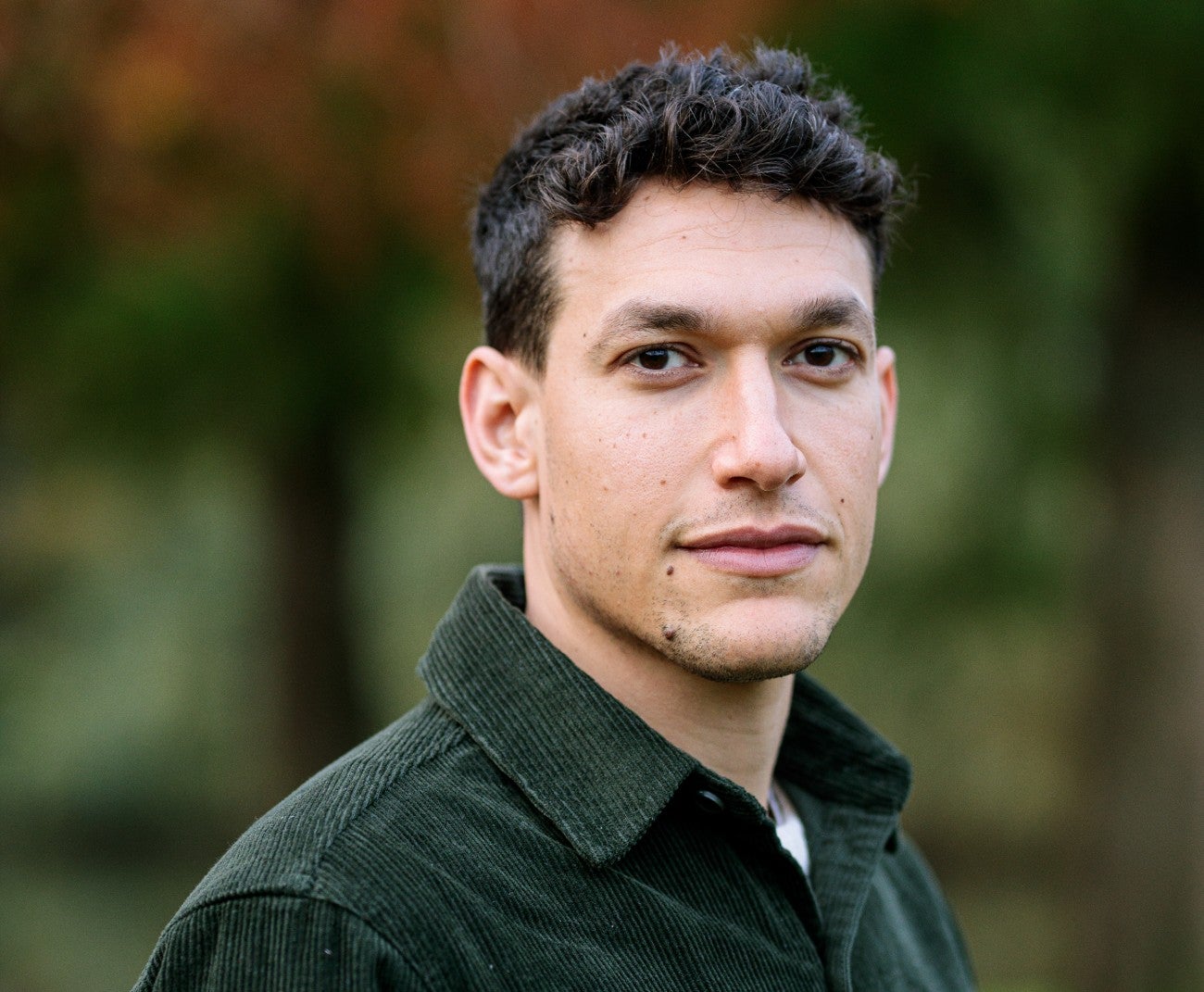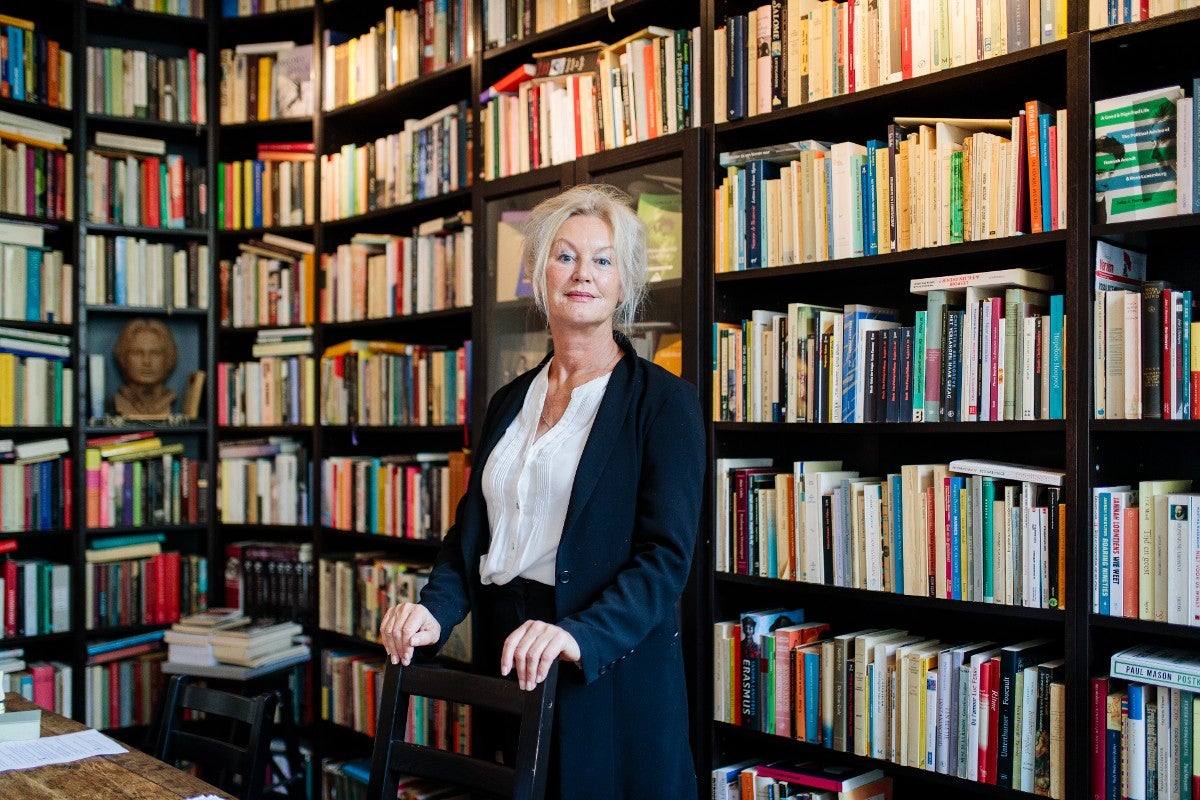According to Saskia Duijs, high work pressure, bureaucracy, and low wages aren't the only causes of stress among healthcare workers. Racism in the workplace is an overlooked issue. „The harm is concealed in the silence of white colleagues and supervisors."
You're conducting research at Vrije Universiteit Amsterdam on inequality in gender, racism, and class in elderly care. How did you come to this topic?
„When I started my research on the health of care workers, employees were mainly frustrated about the lack of appreciation. Later, during the pandemic, I saw a lot of despair and anger about the working conditions in care. However, other issues emerged during conversations, such as pay discrepancies, exclusion in teams, financial debts, and the shift from permanent contracts to freelance arrangements. Often, these incidents could be linked to racism. After such conversations, cycling home, I would think: why didn’t I know this?”
„As a white researcher, I had to learn to recognise and investigate racism."
„As a white researcher, I had to learn to recognise and investigate racism. In conversations with care workers, we discuss topics that we, as researchers, bring up. But if we only ask about bureaucratic matters, then racism and poverty won't surface. That's an important lesson for fellow researchers. Even with good intentions to illuminate something, the way you conduct a conversation from your own white perspective influences what people tell you or what you delve into. Thus, due to my own whiteness, I sometimes missed subtle references to racism.”
You involved caregivers of colour in the research. Could they help you with this?
„I don’t believe it’s the responsibility of caregivers to fix my blind spots. However, conducting research together helps you see different things and ask different questions. We also wanted the caregivers to direct the research. This is known as participatory research. The idea is not to talk about people but to research with them.”
„Racism from clients towards employees is often dismissed as trivial."
You suggest that racism in the workplace leads to more caregivers working as freelancers. Why is that?
„Racism occurs at all levels within healthcare. Racism from clients towards employees is often dismissed as trivial. ‘They have dementia, what can they do about it?’ Yet, it hurts when your supervisor tells you to ignore it and keep returning to that patient. As a freelancer, you can choose your own patients.”
„For work satisfaction, you also rely on your colleagues. When colleagues normalise racism or look away, it's painful. Additionally, there’s racism within teams. Colleagues refusing to work with each other, swapping shifts, not wanting to work a shift with a colleague of colour. As a freelancer, you can protect yourself by distancing from team dynamics. We also see racism from supervisors, such as in unequal pay. A white colleague doing the exact same job but being in a higher pay scale. And who gets chosen for further training? As a freelancer, you set your own rates and self-study opportunities.”
In a previous interview, you said that freelancing also perpetuates racism. How does that work?
„You do see tensions arise on the floor between salaried employees and freelancers. Both groups suffer from the same problem: their health is at risk. One becomes a freelancer to cope, the other remains employed. But then they are pitted against each other. ‘Freelancers do the easy shifts and get more money,’ is a common complaint. In practice, both groups have financial worries. They’re all trying to survive in a system where they don’t get enough pay, and the work pressure is too high to endure.”
„Racism is a vicious cycle. You become a freelancer because of racism, and then, because of racism, you don’t dare use social security."
„I hear heartbreaking stories. During the pandemic, some freelancers of colour didn’t dare use the TOZO (Temporary Bridging Measure for Self-Employed Professionals). With the childcare allowance scandal still fresh in mind, they assumed they’d be scrutinised more. Racism is a vicious cycle. You become a freelancer because of racism, and then, because of racism, you don’t dare use social security. That affected me deeply. Workers are exhausted and pushed out of the system.”
And what about racism from white caregivers towards clients of colour?
„That certainly exists, although I haven’t done specific research on it. However, I see that racism towards clients also impacts caregivers of colour. ‘If a colleague behaves so racistly towards a client, how do they view me?’ In all forms of racism, the malice is in the silence. When a colleague doesn’t intervene. It’s this silence that normalises it.”
„In a housing crisis, we don’t ask volunteers to build homes, do we?”
Do you now see racism as the main cause of the shift to freelancing?
„No, it’s part of a long line of political choices. In 2015, there had to be major cuts in care, which affected working conditions. At the same time, the back door to freelancing was flung wide open. No other kind of work is pushed in and out of the paid domain like this. When the economy is good, we can pay for more care; when it's bad, less trained people have to perform more complex care tasks. I find that strange. In a housing crisis, we don’t ask volunteers to build homes, do we?”
Are you hopeful for improvement?
„Recently, I've found hope again. Good working conditions are on the agenda of almost all parties in elderly care. Employers, unions, professional organisations, and the Ministry of Health, Welfare and Sport agree on this. There’s also much attention to anti-racism and anti-discrimination in care at the ministry.
„I’m torn between hope and fear. Politically, elderly care is still portrayed as a cost. That’s convenient for politicians, as news about savings sounds appealing. We lose sight of the fact that without care, life would look very different. If there was no care for my mother, we couldn’t have had this conversation today. I would’ve had to care for her. It’s work that makes all other work possible, yet we mistakenly view it as a cost.”








